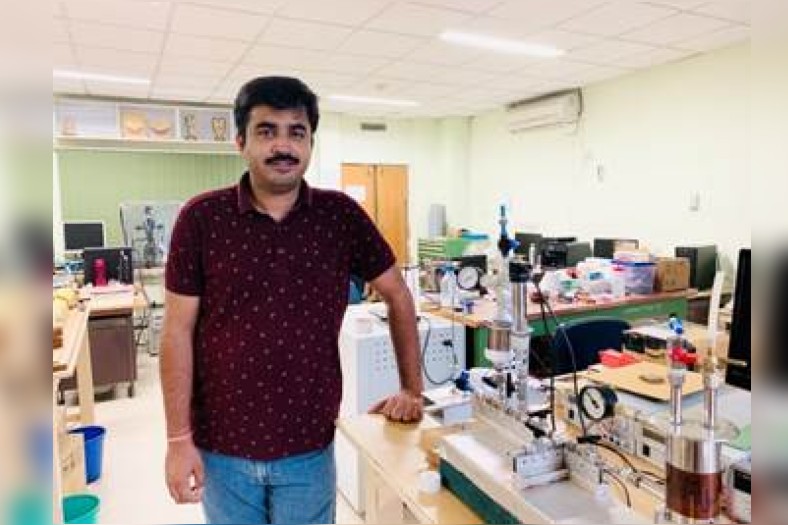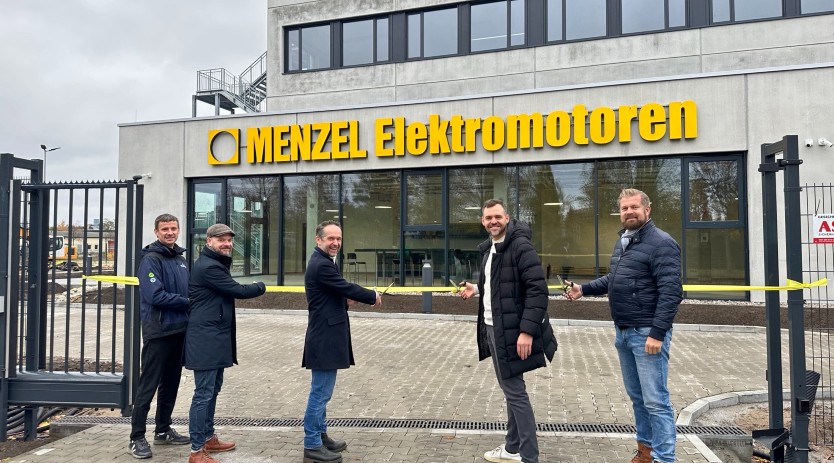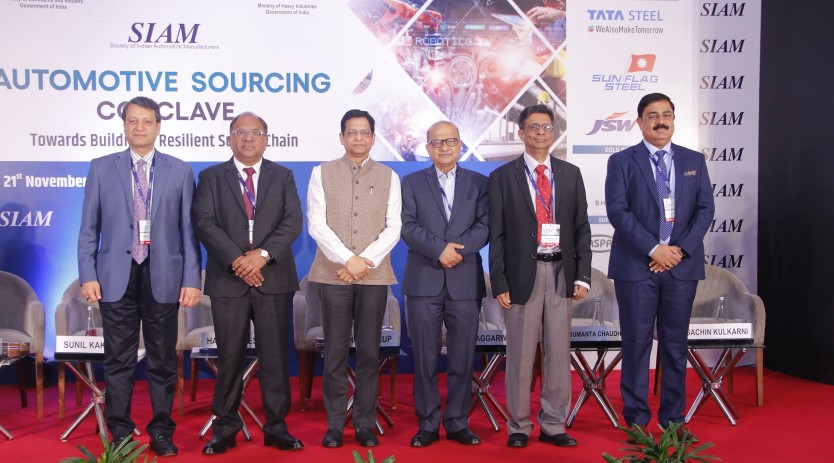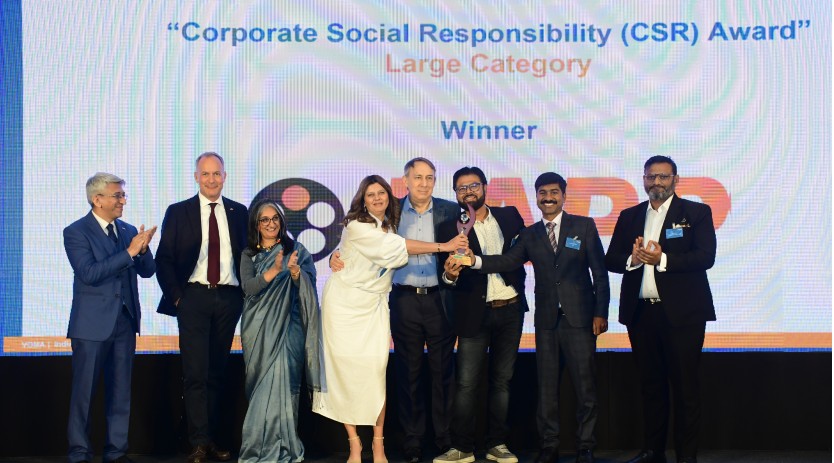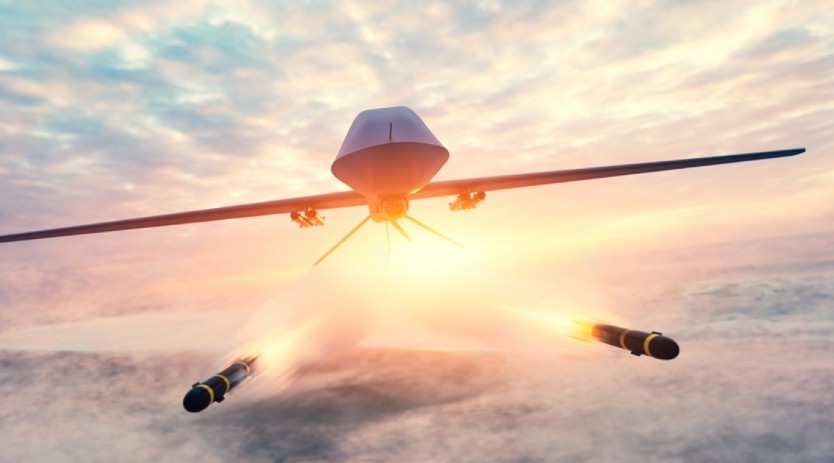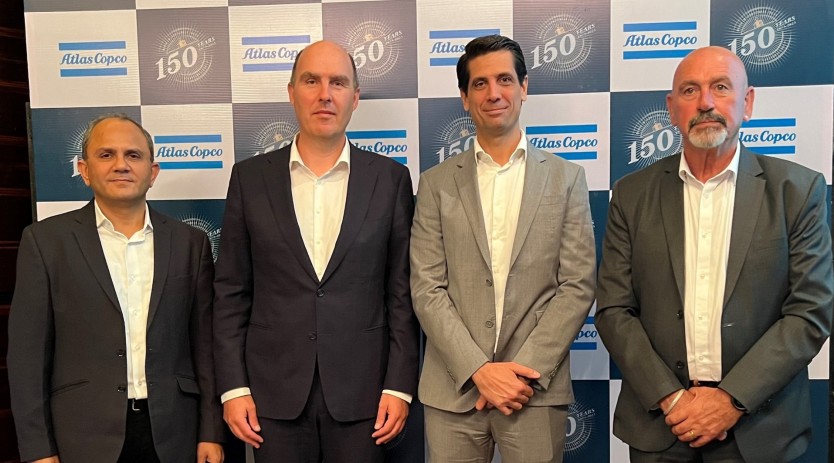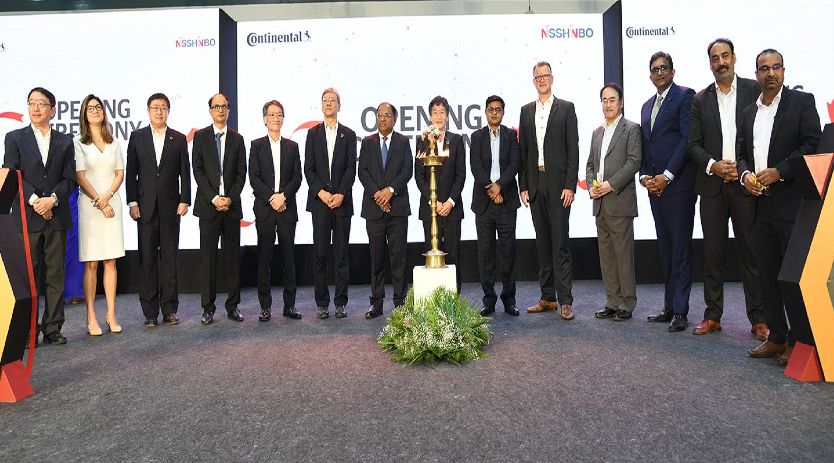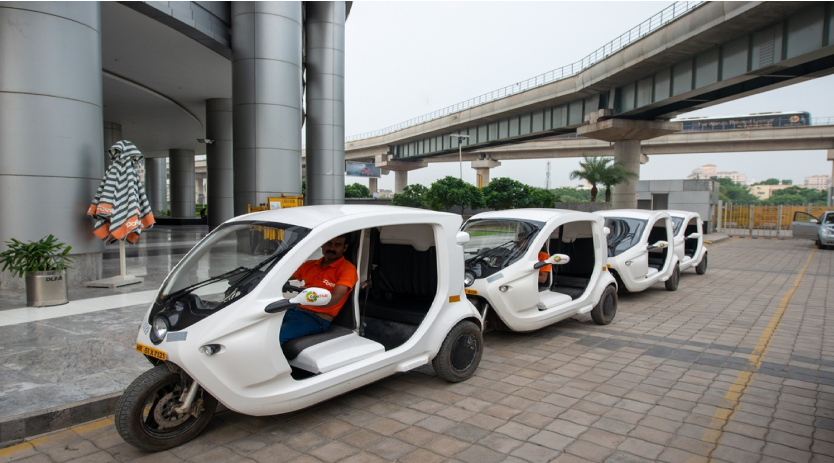AI and machine learning utilisation for developing tools to control boiler accidents
January 6, 2022 12:26 pm
Swarnajayanti fellow working to develop technology for advanced prediction and control of vapour explosion induced accidents in boilers.
A staggering 23,000 boiler accidents have been recorded worldwide over the past 10 years, wherein India alone accounts for the 34 percent of global deaths. In order to address this challenge, Rishi Raj, an Associate Professor in the Department of Mechanical Engineering, IIT Patna, and a recipient of this year’s Swarnajayanti fellowship instituted by the Department of Science and Technology (DST), Government of India, is working on a novel technology utilising Artificial Intelligence/Machine Learning to develop prognostic tools for advance prediction and control of vapour explosion induced accidents in boilers.
This indigenous technology for online monitoring and control of boiling process for online monitoring and control of boiling process will help improve the health, efficiency, and economy of boilers used in key industrial and strategic applications. It bridges the gap between the fundamental knowledge of bubble dynamics on a heated substrate and about how boiling actually occurs in large-scale systems used in chemical, thermal, nuclear, petroleum, space-based, and manufacturing applications.
Prof. Raj recently demonstrated that the acoustic fingerprint associated with bubbles may be instrumental in decoding the science of boiling. The thermal and optical characterization strategies represent a two-dimensional map of the actual three-dimensional boiling phenomena. In comparison, the sound of boiling imbibes statistically rich and temporally resolved information of bubble activity. To this end, his research group has developed an acoustic emission-based deep learning framework which enables advance prediction of boiling crisis to mitigate thermal runaway induced failures in boiling-based systems. Boiling crisis or very vigorous boiling or formation of bubbles is dangerous for applications due to sudden increases in pressure and temperature.
Professor Raj now proposes that with support of the Swarnajayanti fellowship, he will visualize the bubble behaviour in terms of size, number density, and frequency of bubble formation and couple it with sound and thermal (temperature) data to get to the root of the problem and explain the physics of the phenomenon.
The eventual goal is to identify the dominant bubble activity features to develop a physics-informed tool for the advance prediction of boiling regimes using a single acoustic sensor (hydrophone). Such a tool may then be deployed to invoke pre-emptive control of vapour explosion-induced accidents in industrial boilers.
In this regard, he proposes to demonstrate a feedback control strategy to initiate auxiliary cooling units to avoid undesired thermal runaway in an existing 30 kW fire-tube boiler installed at IIT Patna.
Cookie Consent
We use cookies to personalize your experience. By continuing to visit this website you agree to our Terms & Conditions, Privacy Policy and Cookie Policy.



